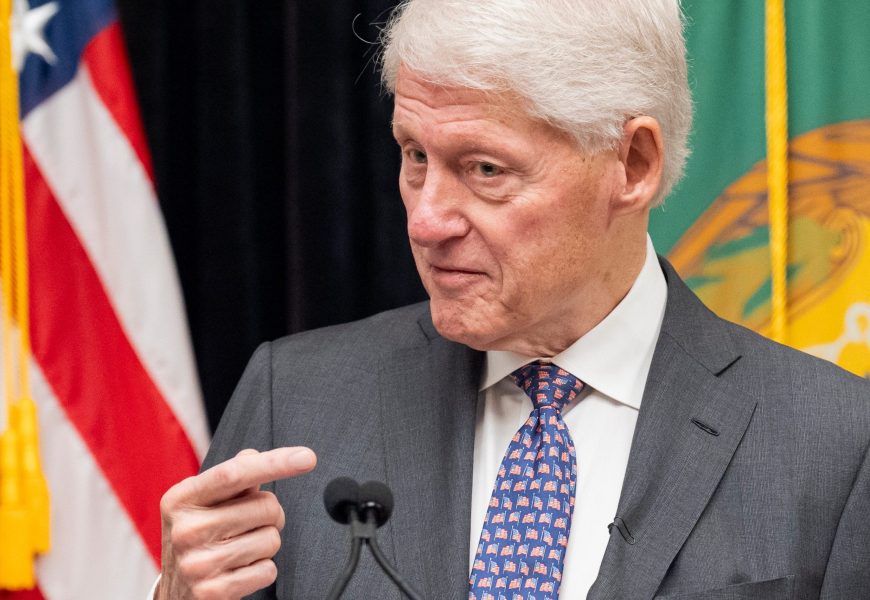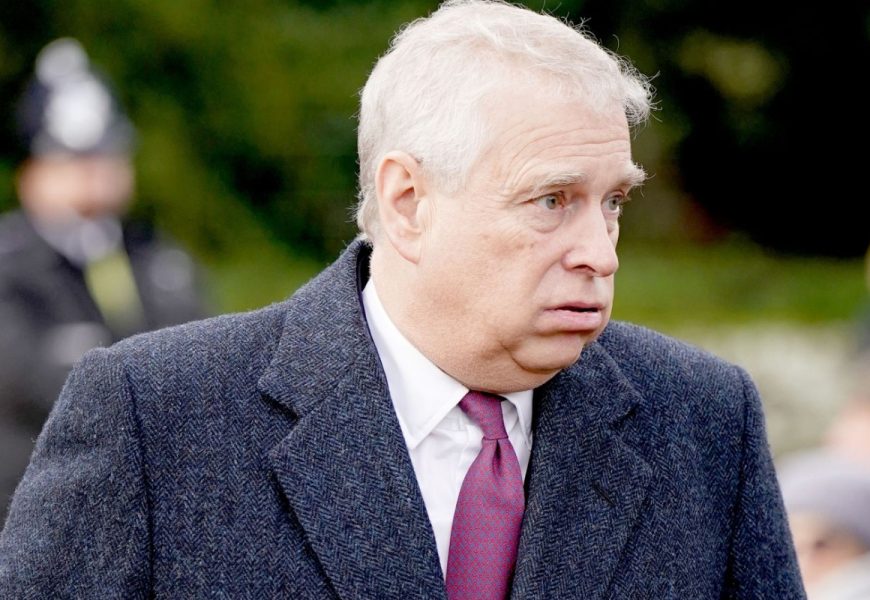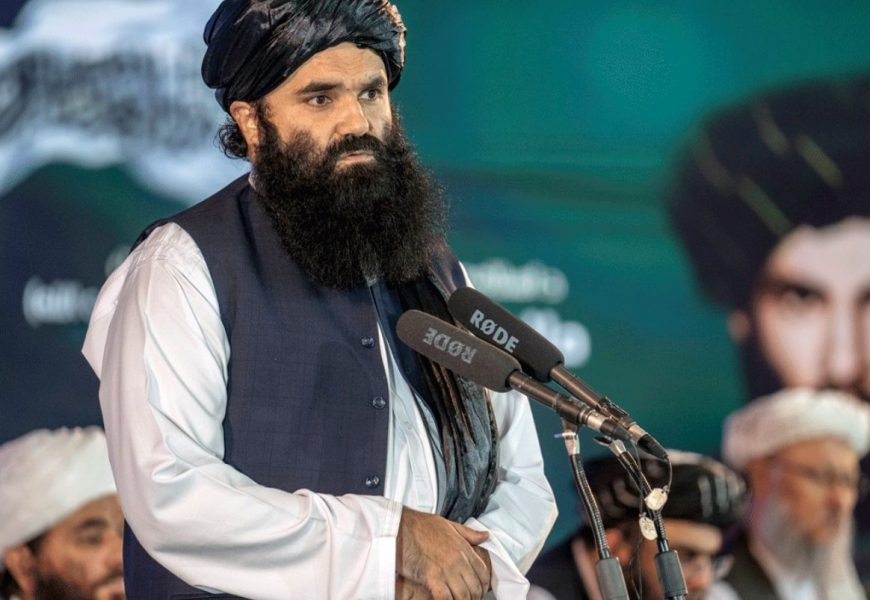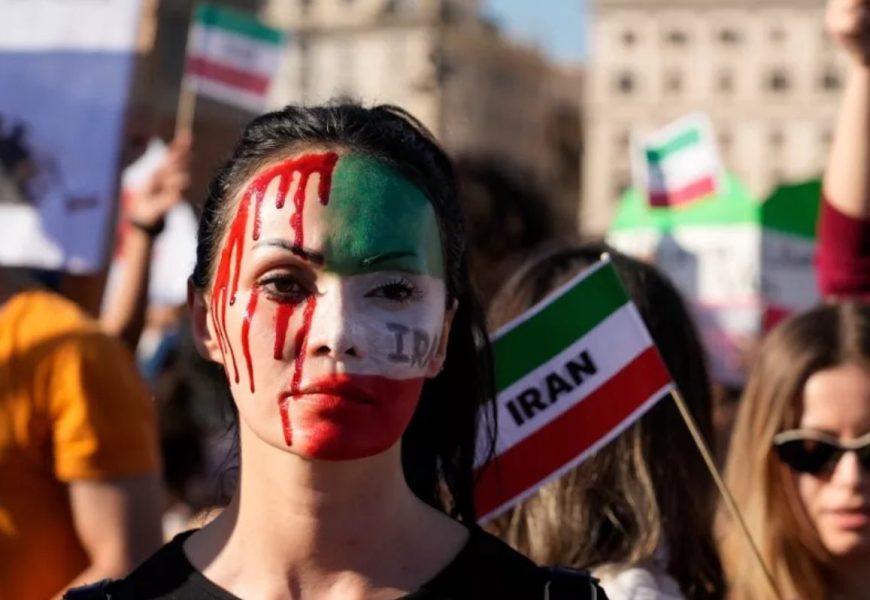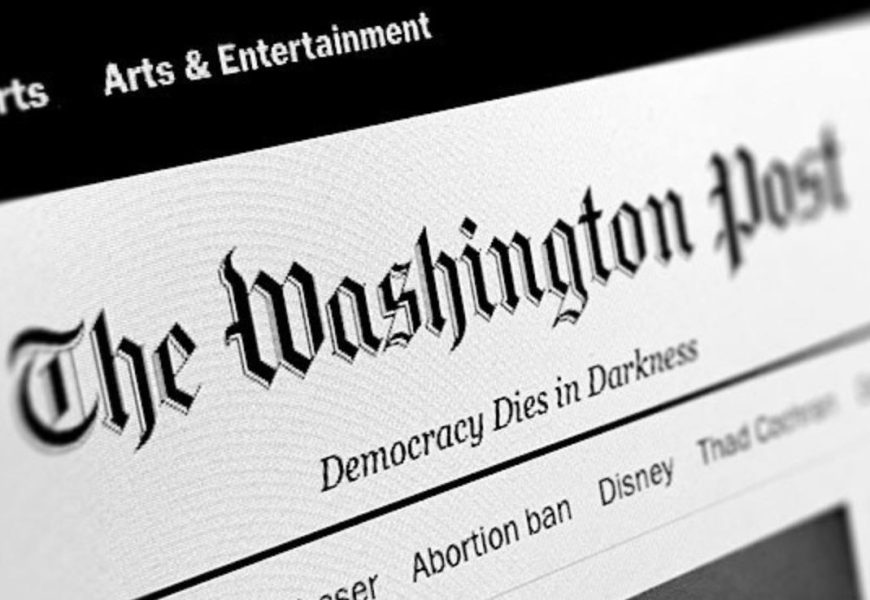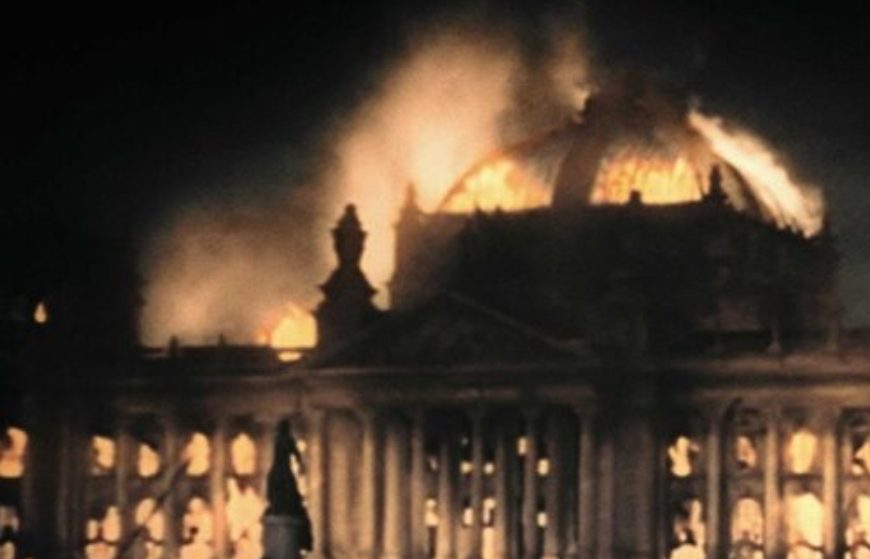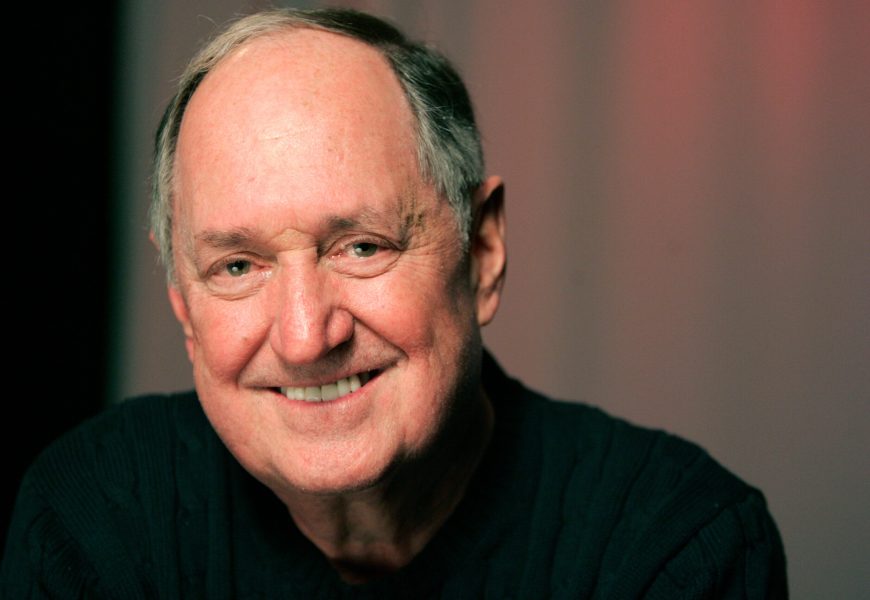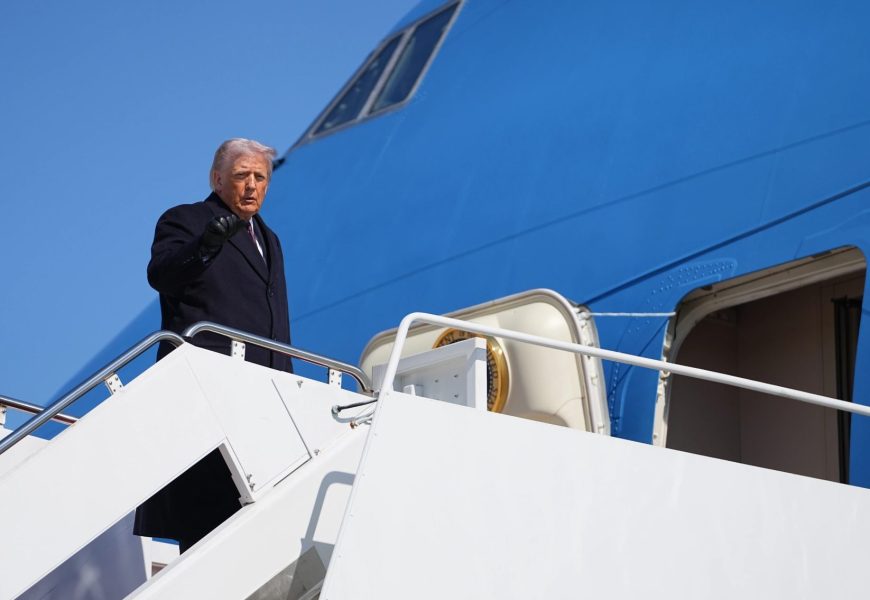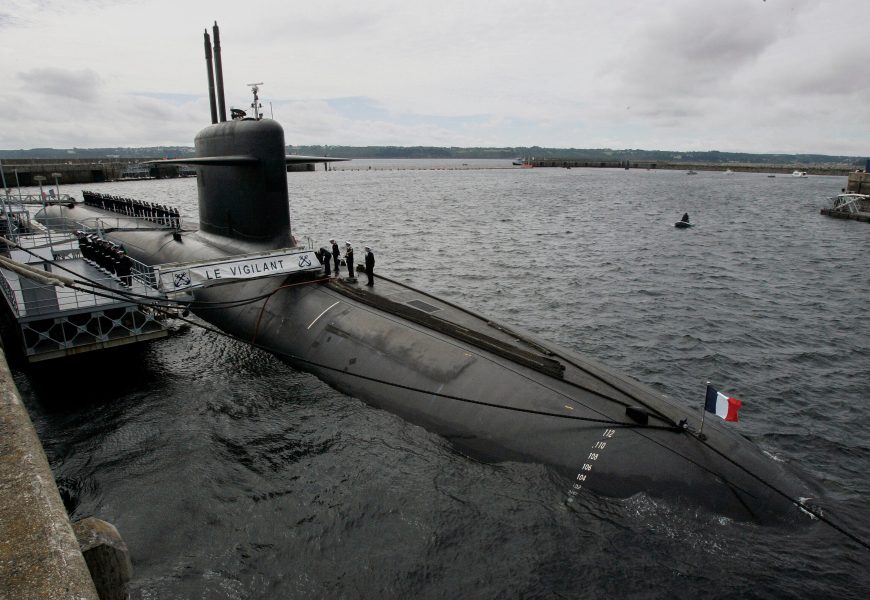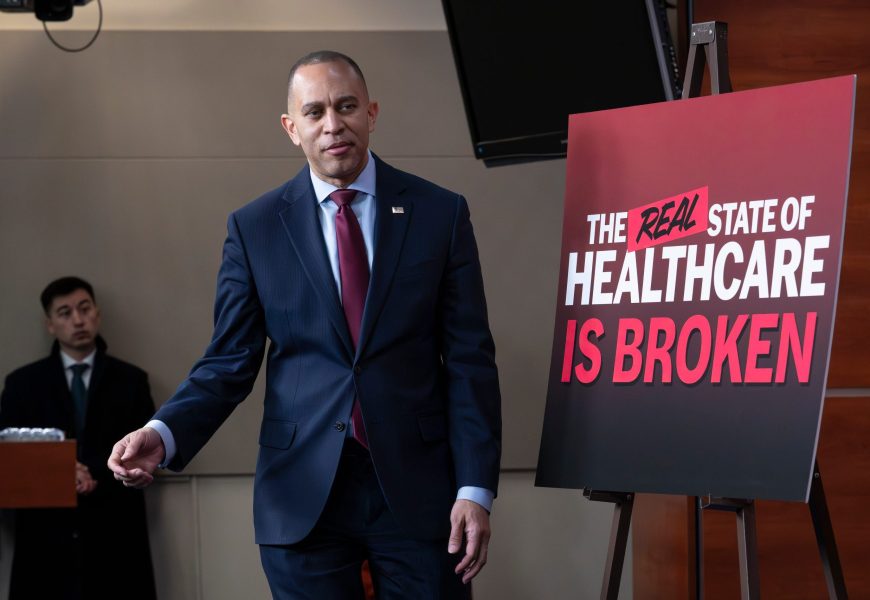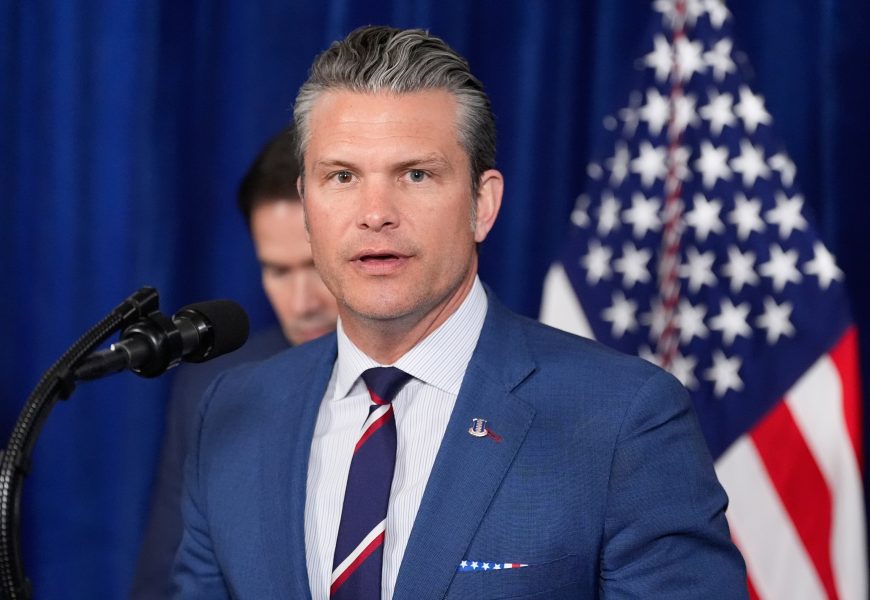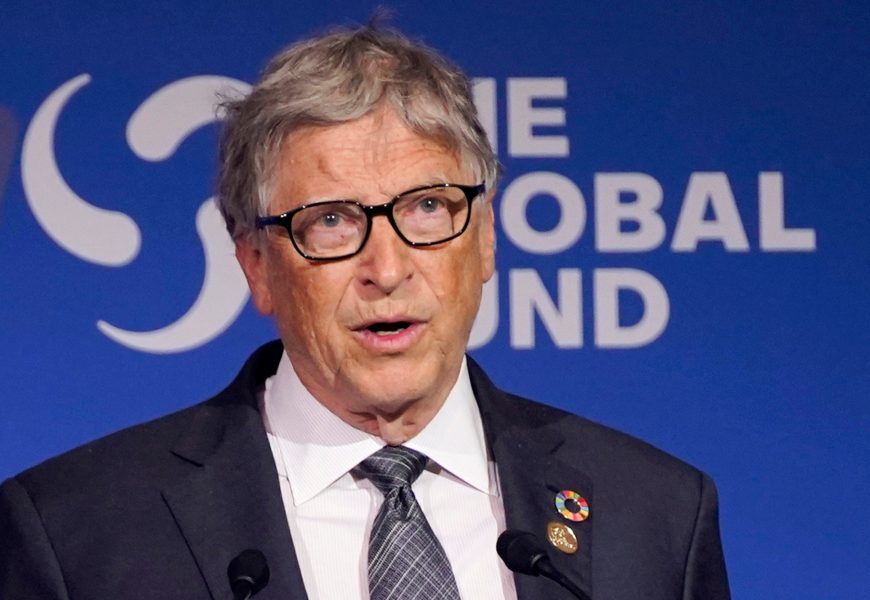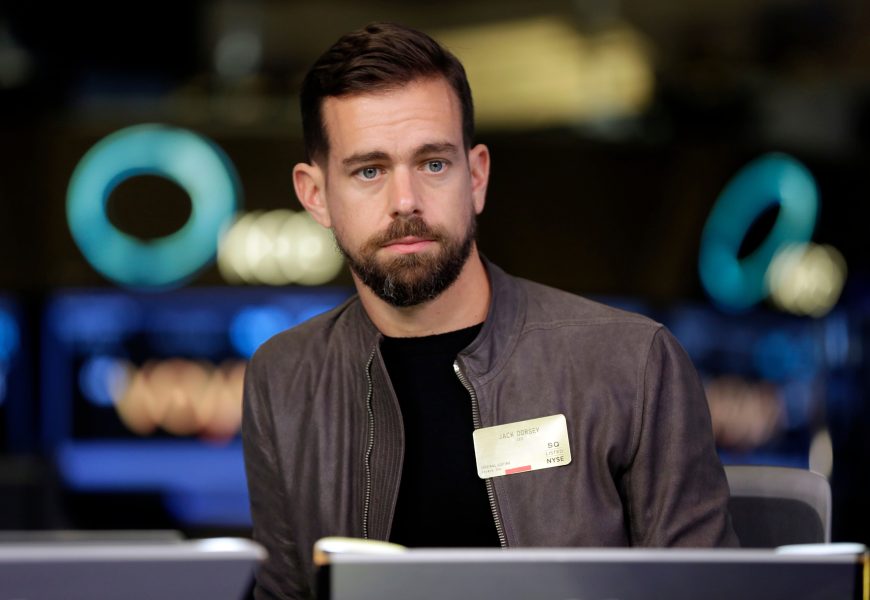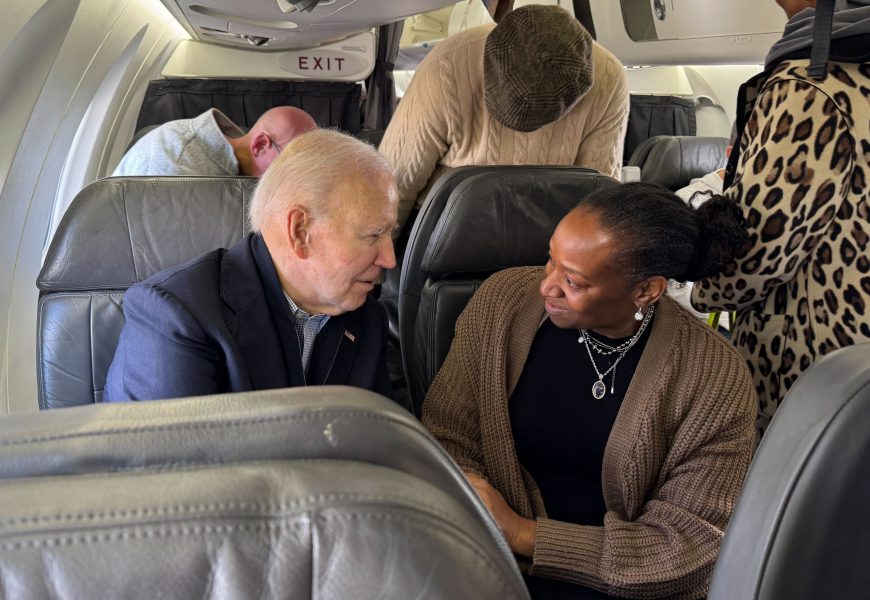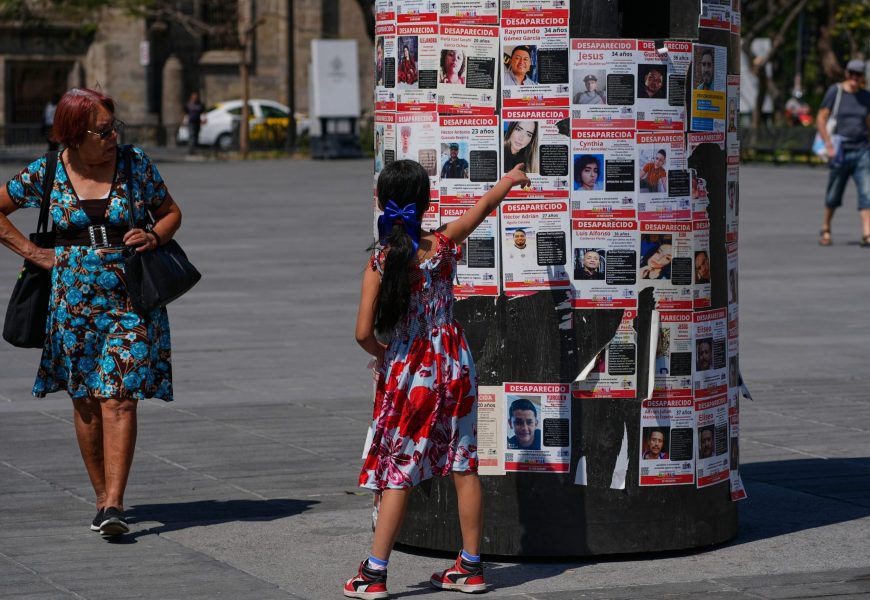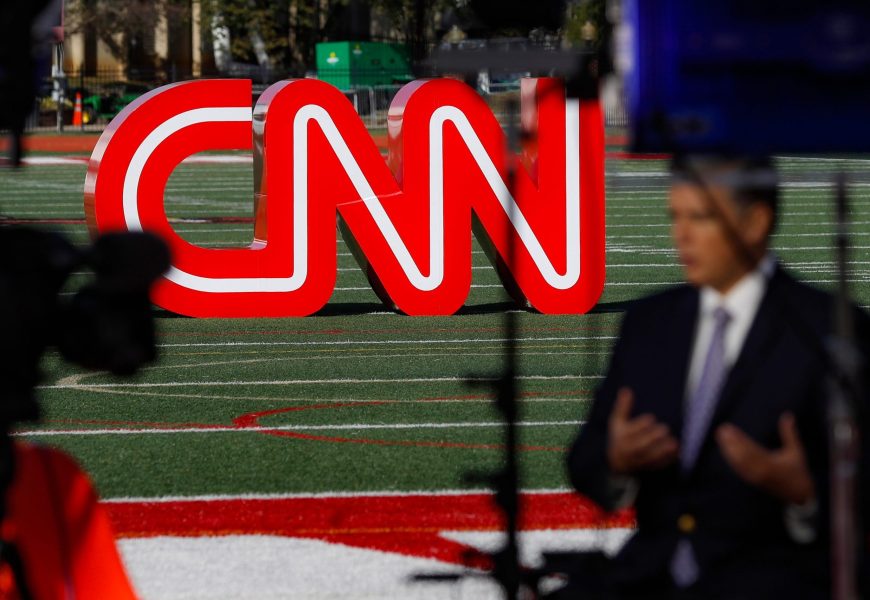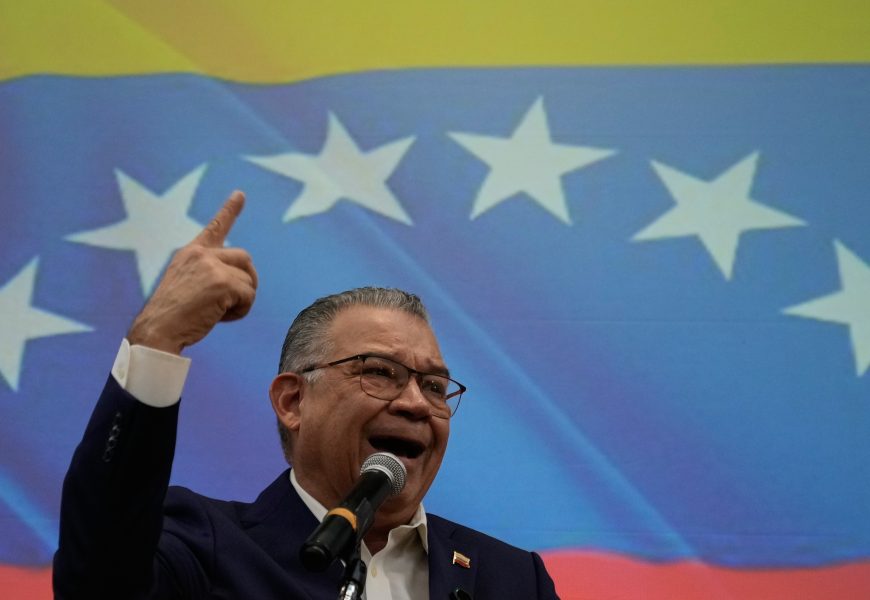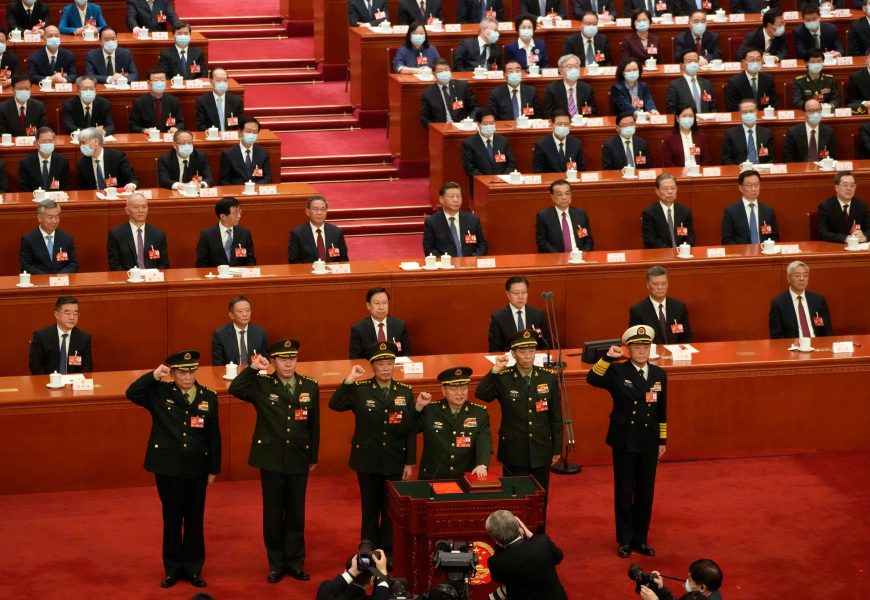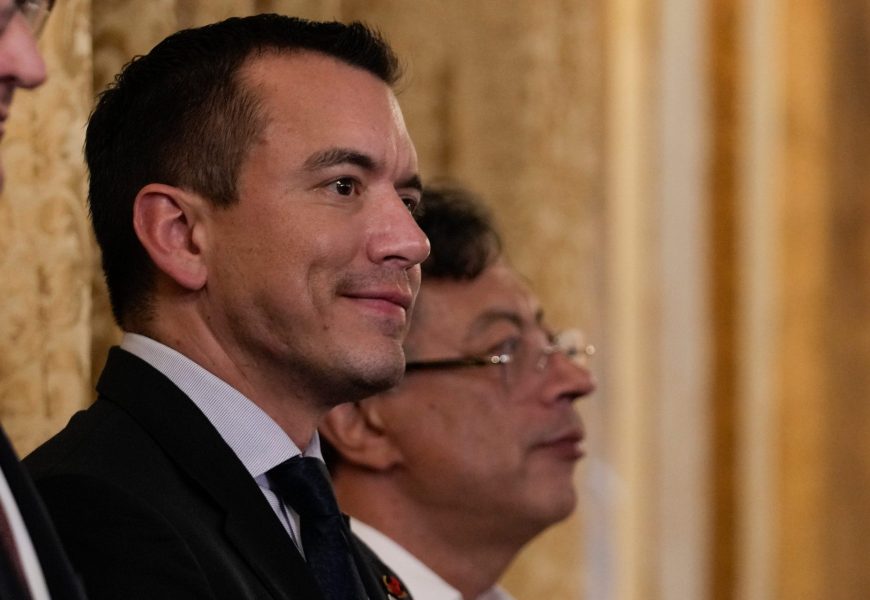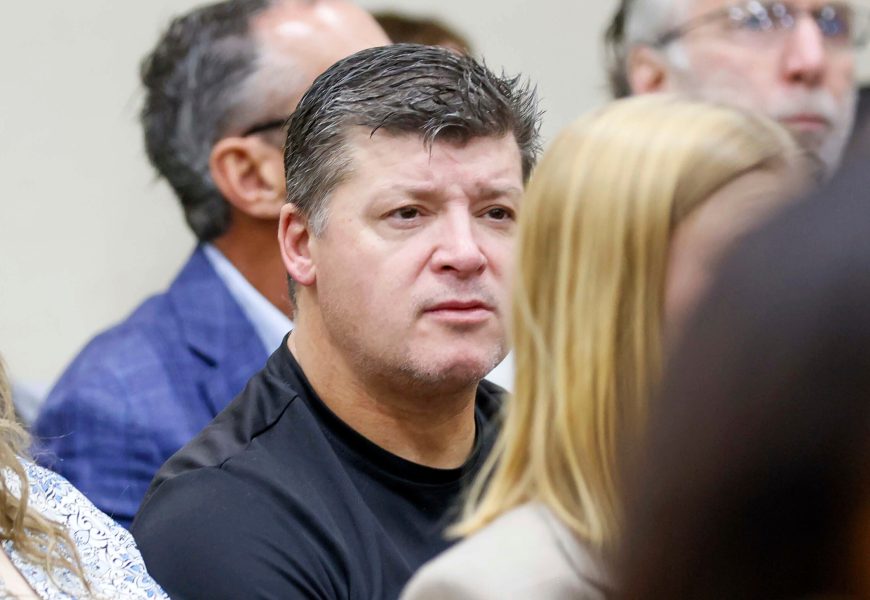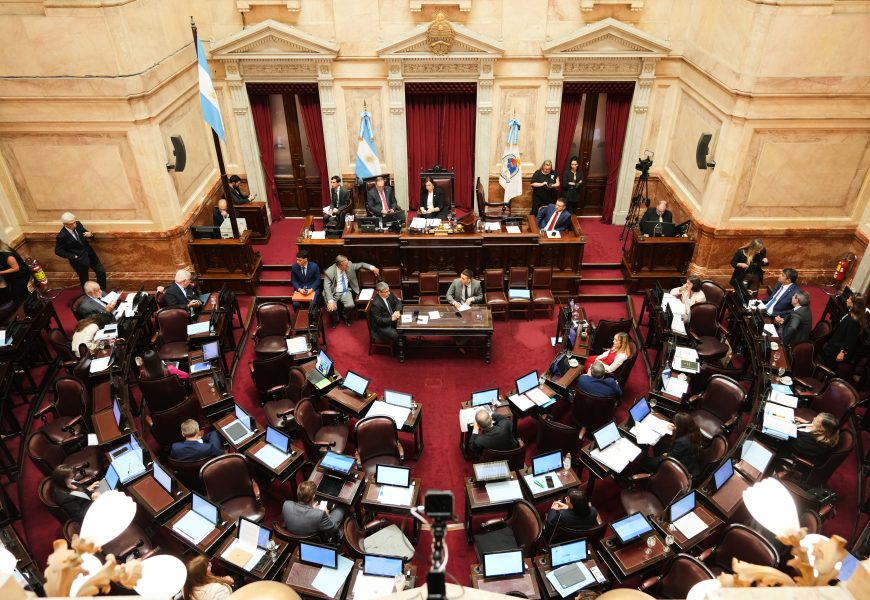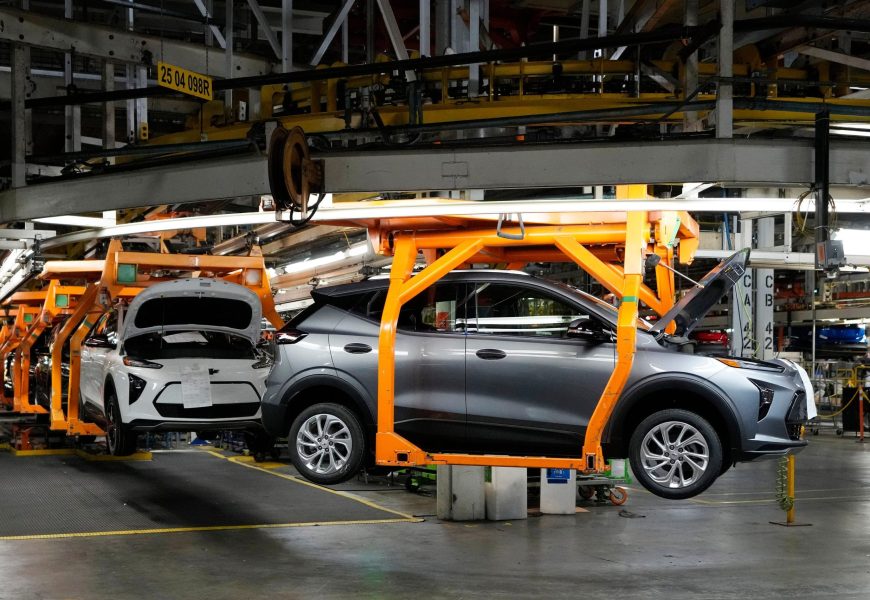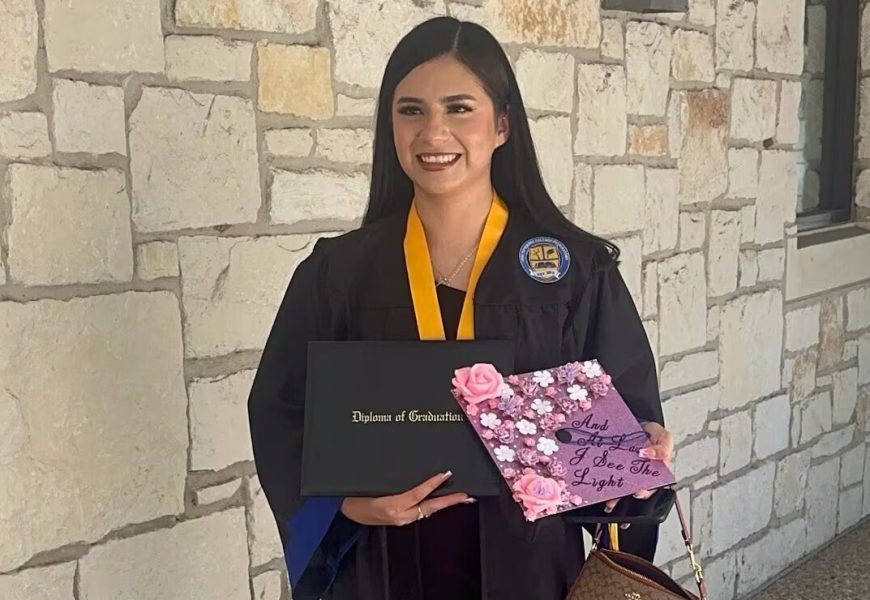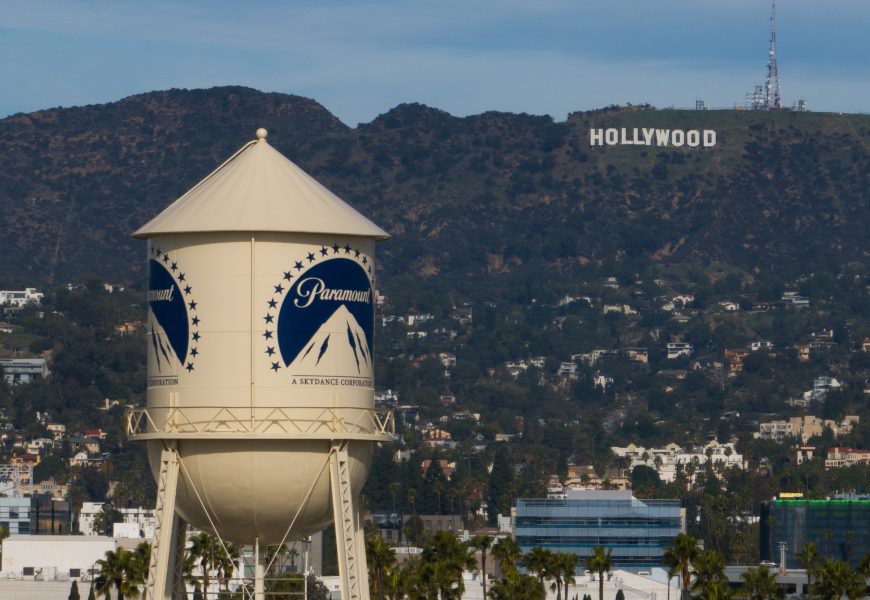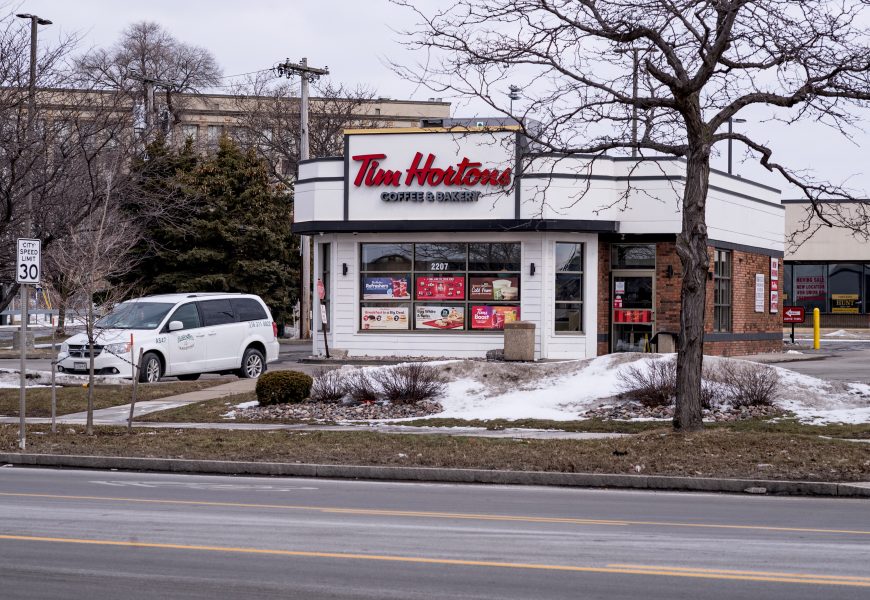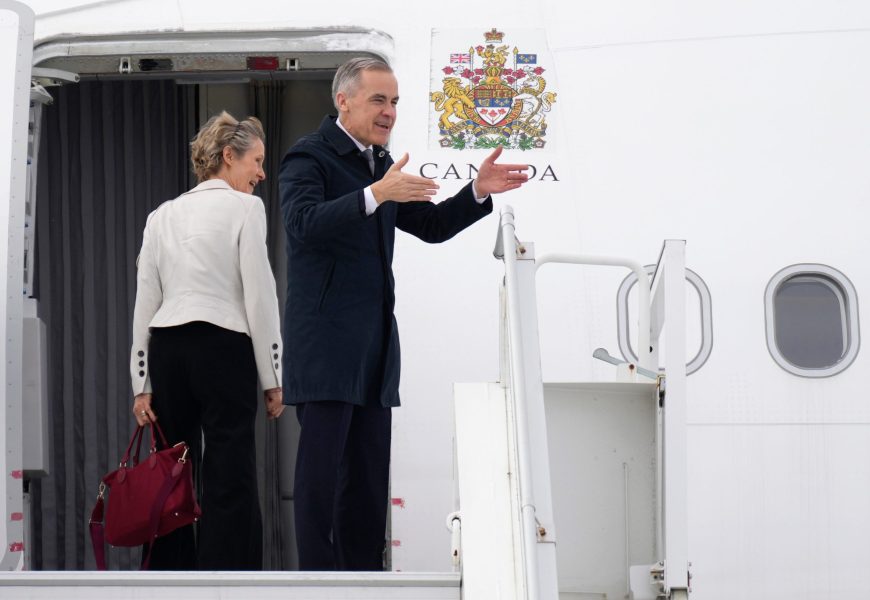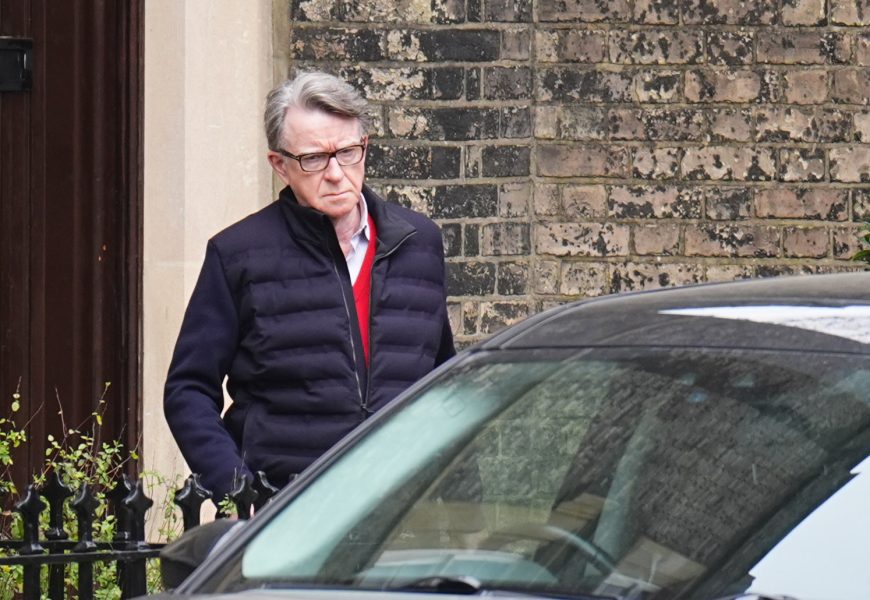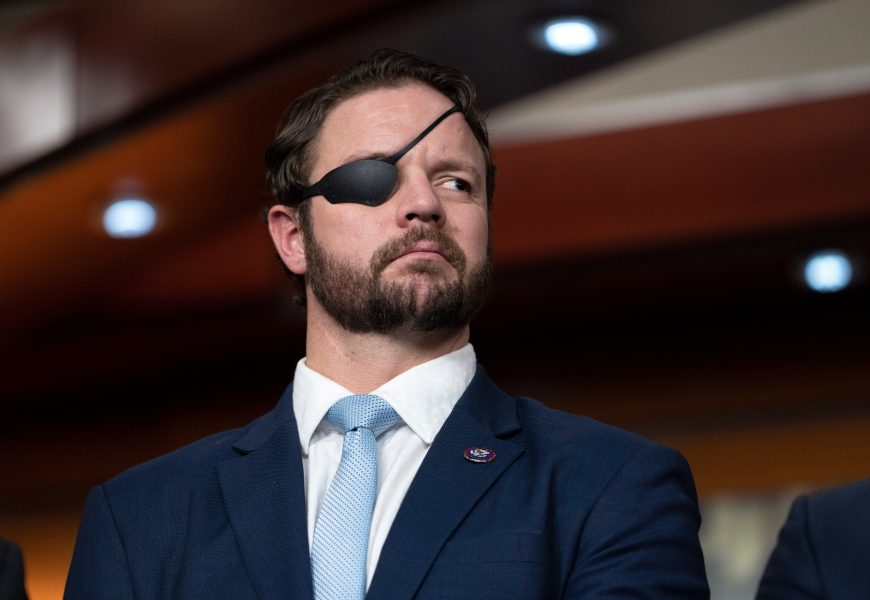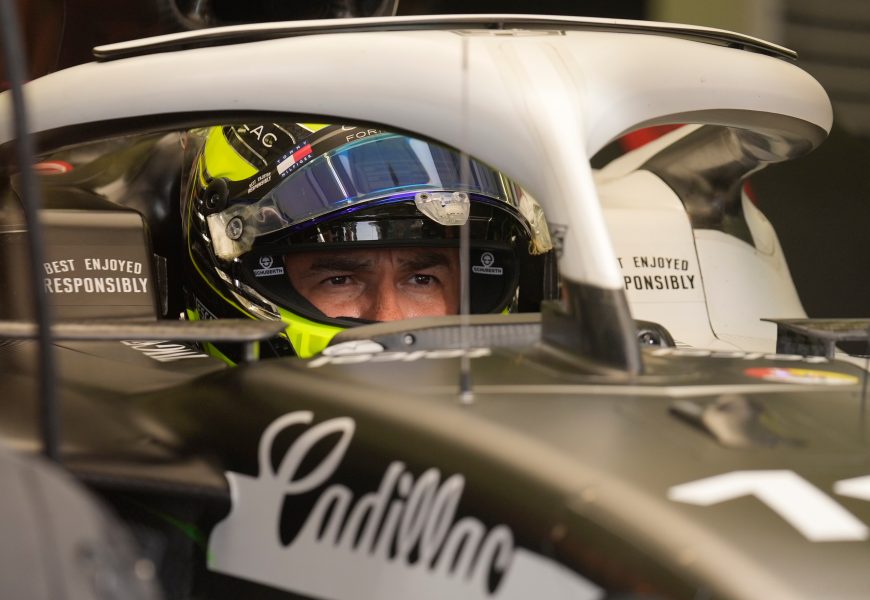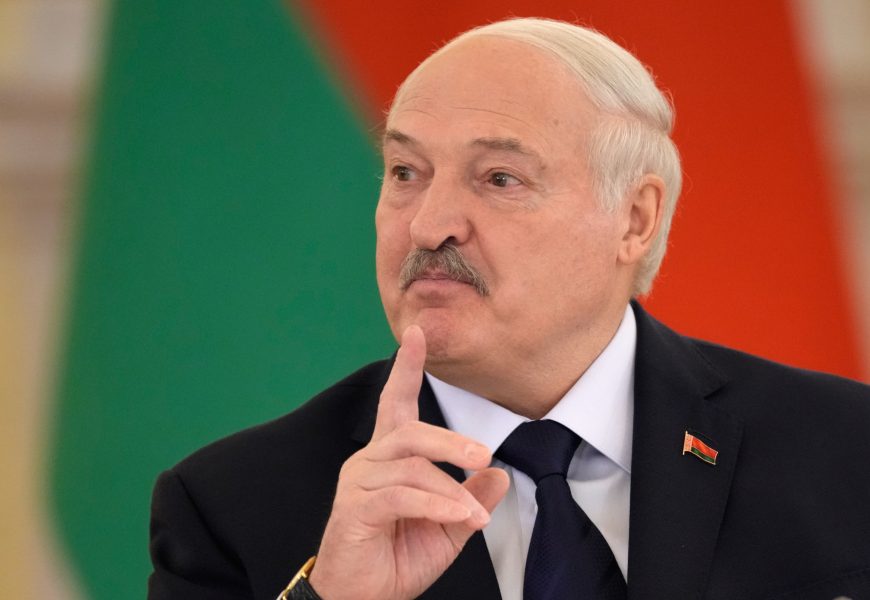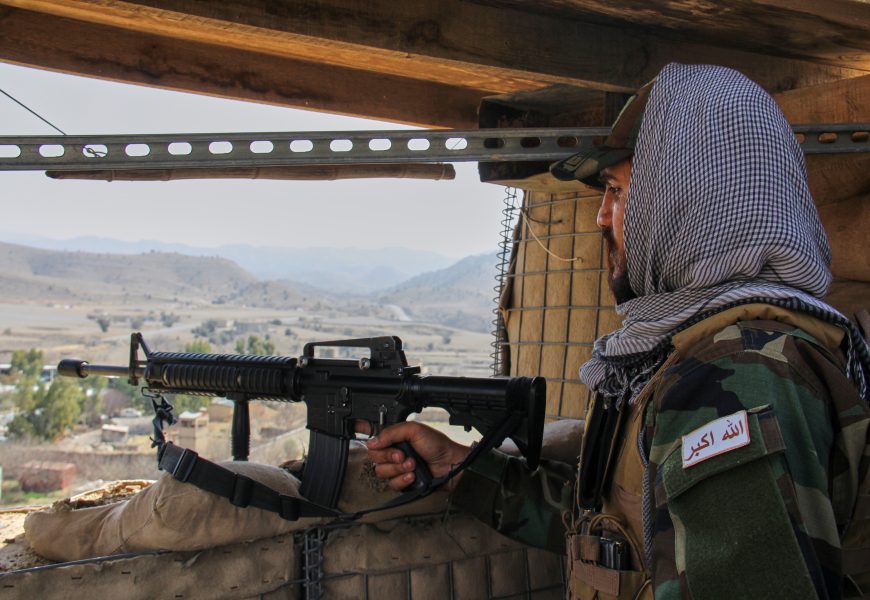Federal regulators gave a strong push to electric-powered air taxis Wednesday by issuing a final rule for operating the aircraft and how pilots will be trained to fly them.
Flying air taxis move closer to US takeoff with issuing of FAA rule
Federal regulators gave a strong push to electric-powered air taxis Wednesday by issuing a final rule for operating the aircraft and how pilots will be trained to fly them.
The head of the Federal Aviation Administration, Mike Whitaker, said the rule recognizes air taxis as an entirely new type of aircraft that will soon join airplanes and helicopters in the sky.
These aircraft take off and land vertically, like helicopters, but fly like fixed-wing planes. Many companies are working to get them on the market, but they have been held back by the lack of clarity over regulations to govern their use.
Whitaker said the FAA is stressing safety as it works to fold the new aircraft into the nation's airspace. He said "powered-lift aircraft" are the first new category of aircraft in nearly 80 years, since the dawn of helicopters, and the rule will allow for their widespread operation.
Air taxi supporters call them a cleaner alternative to passenger planes that burn jet fuel. So far, however, current technology limits their size and likely means that they will be used most often in urban areas. Companies envision carrying people and cargo.
One of the companies in the new field, California-based Joby Aviation, praised the FAA regulation. CEO JoeBen Bevirt said the rules "will ensure the U.S. continues to play a global leadership role in the development and adoption of clean flight."
Airlines see air taxis as a way to deliver passengers to airports. Delta Air Lines said in 2022 it would invest $60 million in Joby, and this month Toyota announced a $500 million investment. United Airlines is backing another California-based company, Archer Aviation, with an order for 200 aircraft that Archer said could be worth $1 billion with an option for $500 million more.



